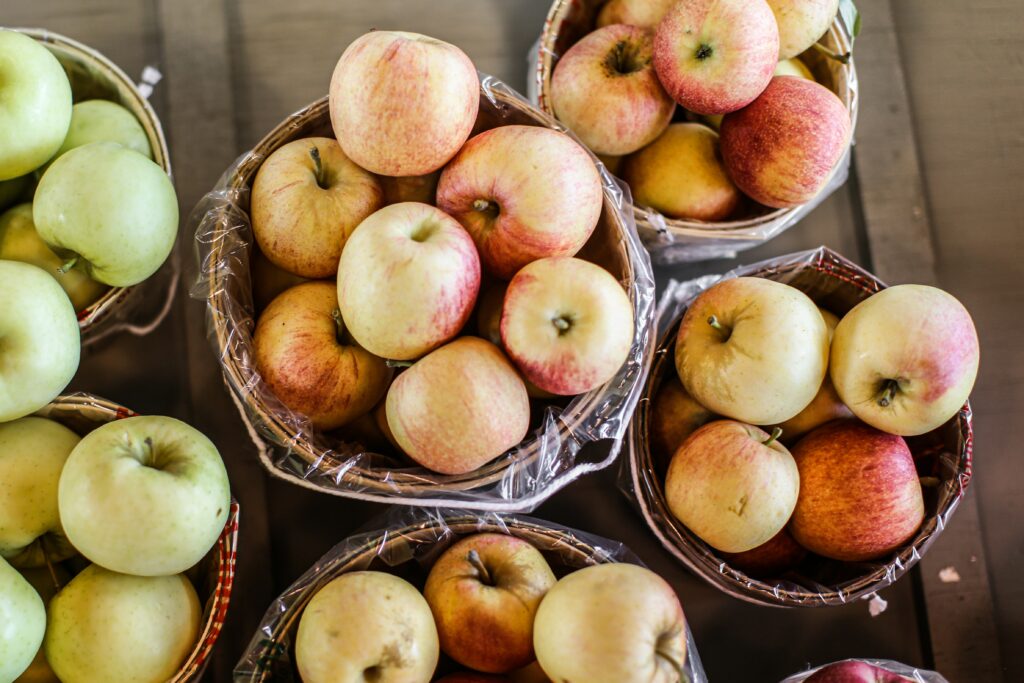Transitioning to a single income household for 18 months is an interesting challenge for Shortbread and I. Aside from having to tolerate her making jokes about becoming a trad-wife (without all the right-wing stuff), we have to have a look at the process by which we earn and spend. We will be losing a huge chunk of income for a while, but we still want to be investing and intentional in how we live.

Previously we covered expenses with our salaries, as considered in our post on financial firewalls of defence. This has always generally worked out fine, with the extremely occasional big expense being taken out of money we put aside for tax and then topped up later. The power of our income is going to be significantly depleted with one earner instead of two, so a bucket strategy is going to have to be adopted.
For those who are particularly financially savvy, this might seem absolutely obvious. However, for us, it’s not something we’ve really done before. We ran down our monthly pay living in the U.K getting to save very little. We also experienced such crazy lifestyle acceleration when we moved to Asia that we tended to save money from our incomes even when we were not trying to be thrifty. I think a lot of our peers are in a similar situation.
The Plan
So the plan is to expand our emergency fund and refer to it instead as a cash reserve. We know that some would critique this as silly and that it doesn’t actually change anything. I think it might. An emergency fund is for…emergencies. What is an emergency though? One of the problems in transitioning to an intentional life is that you can start to over-analyse everything. We are proud of how we exercise discipline in our spending, but we may have gone too far in the other direction! The word emergency is so dramatic! A cash reserve is for use and immediate topping up. An emergency fund is when the world is ending.
The fund is going to be about 10 months of living expenses. This number was arrived at by the very unscientific method of calculating Shortbread’s maternity pay and adding it to the three month fund we keep in our local bank accounts already, as well as the money we keep back home in the U.K.
We have a few large expenses coming up next year (the first trip home and a tax bill – those bemoaning the U.K’s PAYE should count themselves lucky!) and the reserve will be tapped into a little. If it reduces down to six months, that’s fine. We will slowly top it up from month to month if it depletes. I’m also likely to get a bonus next year which would offset all of those costs too.
So that’s the plan. Try to meet all financial challenges with income first, then our cash reserve bucket. We can fill the bucket with income and future bonuses over time if it gets depleted. Not very exciting given that this is largely well trodden financial advice, but its somewhat new to us!